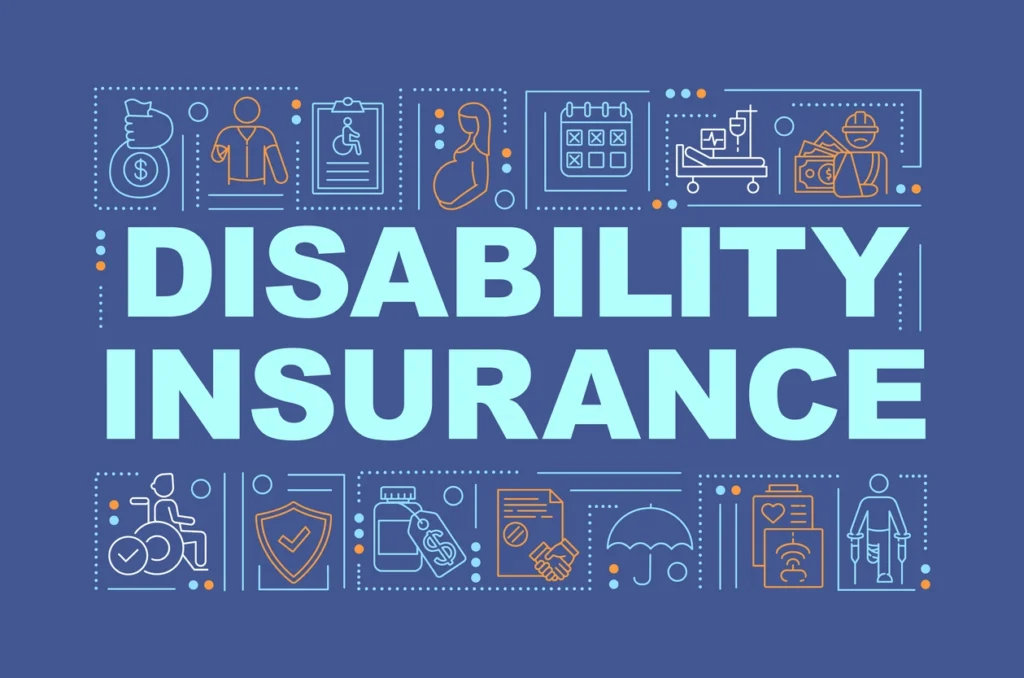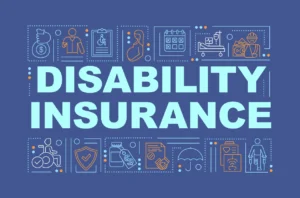
Story at-a-glance
- Disability insurance replaces part of your income if you get sick or hurt and can’t work.
- It’s especially important for physicians and dentists whose income depends on doing physical, hands-on work.
- The best policies cover your specific occupation, not just any job.
- Benefits help you pay your bills, support your family, and protect your financial future—so you can focus on healing, not worrying.
Why It Matters
As a physician or dentist, you’ve spent years in training and likely taken on significant debt. Your income is your most important asset. If an injury, illness, or medical condition keeps you from working—even temporarily—your entire financial plan could be at risk.
That’s where disability insurance comes in. It replaces part of your income, typically 60–70%, if you become too sick or injured to do your job.
What Does "Disability" Really Mean?
There are different definitions of disability, but the most important one for medical professionals is “True Own-Occupation.” This means the insurance pays you if you can’t work in your specific occupation—even if you could work in a different job.
If you are a physician or dentist who is limited your occupation to the practice of a specific medical or dental specialty, the best insurance companies will consider that specialty to be your occupation.
For example:
If you’ve limited your occupation to orthopedic surgery and injure your hand, a true own-occupation policy could pay you—even if you’re still able to teach, consult, or work in another field.
How Does It Work?
Here’s a simple breakdown:
- You apply for coverage.
You choose how much income you want to protect and how long you want it to last. - You go through underwriting.
This includes a review of your health and finances. In certain situations, it may also include a short medical exam. - You get approved and start paying your premium.
Your monthly cost depends on your age, health, specialty, and more. - If you become disabled, you file a claim.
After a waiting period (usually 90 days), the insurance company starts paying your benefit each month. - You receive benefits as long as you stay disabled.
Most doctors choose coverage that lasts to age 65 or 67.
Common Features and Riders
Doctors and dentists often add optional benefits (called riders) to their policy, including:
- Residual (partial disability) rider: Pays you if you can still work, but at reduced hours or income.
- Future increase option: Lets you increase your coverage later without another medical exam.
- Cost-of-living adjustment (COLA): Raises your monthly benefit each year to keep up with inflation.
Final Thought
You insure your home. You insure your car. But your income—the thing that pays for everything—often goes unprotected. If you’re a physician or dentist, disability insurance isn’t just smart. It’s essential.
Ready to protect your future?
Get a personalized side-by-side policy comparison of the leading disability insurance companies from an independent insurance broker.




